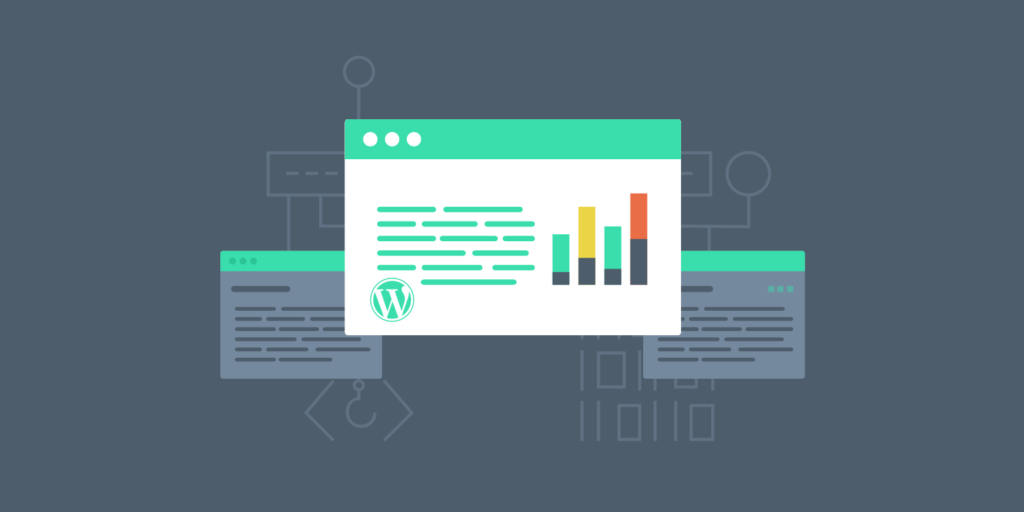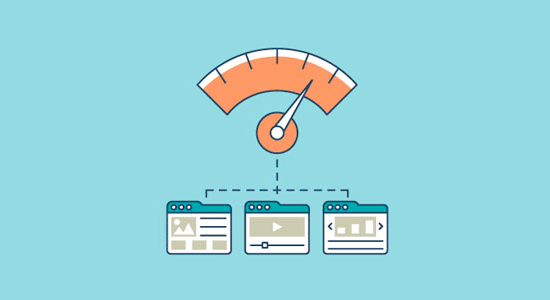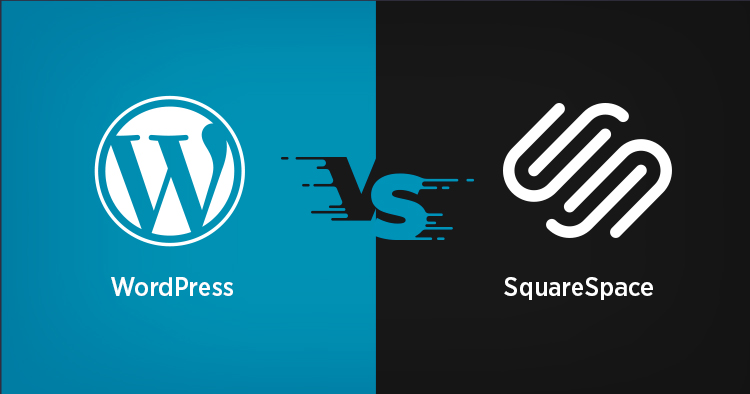How to Check Your WordPress Performance and Make Improvements
WordPress has grown to be the most extensively used content management system (CMS) in the world, and its users can rest assured that it will meet their needs in terms of performance. However, it’s not enough to have a great CMS to run a successful website. Regular checking and monitoring are key since it allows for website optimization with the customer’s needs in mind.
Figuring out how to effectively measure your site’s current performance might be difficult. Fortunately, there are plenty of tools available to help you out, and some will even give you pointers on how to improve! In this article, we will discuss several ways to check your WordPress site’s performance and then touch on factors that you should take into account while doing so.

The Importance of Tracking WordPress Performance
What you get out of your website in terms of revenue is directly related to how well it performs. If you want to provide your visitors with the best possible experience, you’ll have to perform regular website maintenance. By doing this, you can set your website apart from the competition and reinforce your brand’s image and reputation among your target audience (and potential customers).
The time it takes for pages to load is the most important factor in determining how well a website performs. Since most individuals don’t look forward to visiting slow websites, this shouldn’t come as much of a surprise. If your website loads slowly, you may encounter the following issues:
- Higher bounce rates: Bounce rates and load times are directly correlated. Not optimizing your site means losing visitors.
- Lower conversion rate: A poorly optimized website can have a negative influence on conversion rates by making it seem haphazard and difficult to use.
Key WordPress Performance Metrics to Consider and Improve
Businesses need to regularly test and evaluate WordPress performance metrics in order to provide an optimal online experience. By keeping these metrics in mind, companies can improve the user experience, which in turn leads to reduced bounce rates and improved conversion rates:
- First Contentful Paint (FCP): This metric denotes the first point at which a visitor can view objects on the page, and it is used to determine the perceived load speed.
- Largest Contentful Paint (LCP): This metric under the Core Web Vitals measures the amount of time it takes for the site’s largest visible object to be loaded.
- Total Blocking Time (TBT): This metric looks at how quickly a page loads and how long it is before it can be used.
- Cumulative Layout Shift (CLS): To determine how stable a page’s layout is, this tool calculates how many times a user may encounter unanticipated layout changes. This is also one of the Core Web Vitals.
- First Input Delay (FID): This indicator measures the amount of time it takes for a browser to begin processing a user’s interaction once they first click on it.
- Time to Interactive (TTI): This is a metric for gauging the amount of time needed for a website to respond to a user’s input.
- Load Time: This metric measures the time required for a page to completely load.
- Total Page Size: This metric is also referred to as page weight. It is a term used to represent the quantity of data contained on a page. This will affect the loading times.
- Requests: This shows how many file requests were made to load a page.
Tools for Testing WordPress Performance
The performance of your website can be tracked using a variety of methods. You don’t have to limit yourself to using a single tool for all the different metrics mentioned earlier. To see how well a website is doing, try using one of the following common performance monitoring tools:
PageSpeed Insights
Google’s PageSpeed Insights (PSI) is a free tool that can help you detect and fix problems with your website’s performance. You can use it to generate reports, see how your website performs across mobile and desktop, and get recommendations on how to improve. It’s user-friendly and contains Performance Scores derived from lab and field data, as well as details on the Core Web Vitals. PageSpeed Insights is a go-to tool for beginners because of its easy-to-understand layout, comprehensive data, and clear explanations. Its accuracy is also undeniable, given that Google is the source of this information.
Pingdom Tools
Pingdom has earned a solid reputation as a tool for monitoring WordPress website performance and uptime. To be more exact, it examines page load and site speed, which are critical aspects of the entire user experience.
Aside from providing a general performance score, Pingdom also generates separate scores for each factor that contributes to your site’s total performance. It’s an excellent tool for discovering any major inefficiencies that aren’t immediately obvious. In addition, you can gain insights on other things like page size, load time, and the number of queries made on a website.
GTmetrix
GTmetrix generates a wealth of data that can be used to identify issues with your page speed so you can find ways to optimize your website’s performance. Tracking these metrics over time reveals some fascinating trends that can be used to improve the performance of your website. Additional features include scheduled monitoring and notifications when a page isn’t performing well enough.

Tips for Improving Website Performance
If you really want to keep your website as fast as possible, you’ll need to follow the best practices listed below:
- Use browser caching: When you enable browser caching, you instruct your visitors’ browsers to save some of your site’s files on their devices for a short time.
- Compress images: By compressing images, you don’t have to worry about their quality whenever you minimize their size.
- Leverage CDN: With a Content Delivery Network (CDN), you can ensure that your website’s content is available to all users, no matter where they are in the world.
- Optimize database: Database optimization involves restructuring the data such that it takes up less space and improves efficiency.
Wrapping Up
WordPress-powered corporate websites are already ahead of the game in terms of scaling and performance. At first glance, keeping tabs on your website’s speed and performance may seem like an overwhelming task. However, you can make your website almost self-sufficient with the correct knowledge and tools. With the information that we’ve shared, we hope we have pointed you in the right direction towards optimizing your website and growing your business.







0 Comments